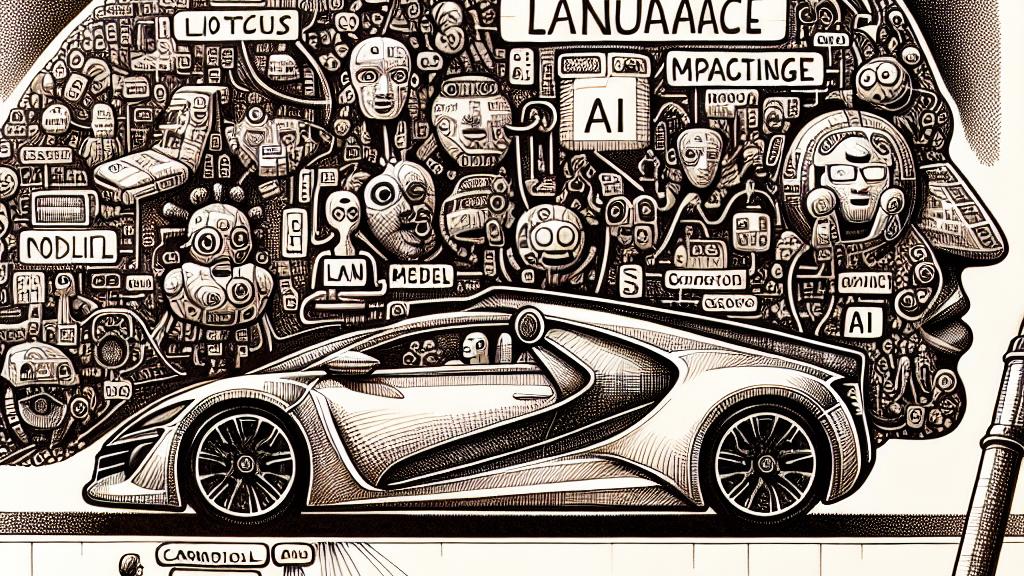Understanding the Changes in SaaS and AI in 2024
Overview
- The rapid decline of large language models (LLMs) highlights a pivotal shift in AI technology.
- AI costs are plummeting, transforming competitive dynamics across industries.
- SaaS companies must swiftly adapt to leverage AI and maintain market relevance.

The Decline of LLMs
In 2024, we find ourselves amid an unexpected decline in the once-celebrated large language models (LLMs). Initially, they dazzled businesses with their groundbreaking capabilities; however, companies in Japan and around the globe are beginning to recognize that the hype may not have matched long-term utility. Just think about it: what was once a wow factor is now seen as a standardized tool. For instance, businesses are increasingly opting for simpler AI applications that effectively handle their daily tasks. This shift towards practicality over novelty is akin to choosing a reliable, fuel-efficient car over a flashy sports car that guzzles gas. The realization that existing, effective solutions are adequate marks a turning point in the AI landscape.
Dramatic Cost Reductions
One of the most striking trends unfolding this year is the staggering reduction in AI technology costs. Picture this: a model that once cost around $30 per million tokens is now available for a mere $1, thanks to innovations by companies like DeepSeek. This remarkable price drop does more than just save money—it democratizes technology, giving small and mid-sized enterprises the opportunity to harness powerful AI tools previously reserved for the wealthier corporations. Imagine a small business utilizing predictive analytics to better understand customer behaviors without the need for hefty investments. This fiscal liberation empowers a whole new breed of startups, disrupting traditional market hierarchies and pushing innovation to the forefront.
The New SaaS Landscape
As the SaaS landscape evolves, companies that fail to embrace AI risk becoming relics of the past. Today, leading firms are integrating advanced AI capabilities into their SaaS offerings, fundamentally reshaping user experiences. For example, consider a customer relationship management tool that not only tracks customer interactions but also learns patterns to suggest optimal engagement strategies. By leveraging AI, such tools enhance efficiency and foster deeper customer relationships. It's crucial for businesses to identify the unique strengths of various AI models to remain competitive. Picture companies that harness these technologies weaving personalized user experiences directly into their offerings, thereby setting a new standard in customer service.
Anticipating AI Integration
Looking ahead, organizations need to prepare for the transformative changes that AI will bring to SaaS products. The future lies in intelligent systems that not only automate simple tasks but also streamline complex workflows across departments. Imagine a scenario where AI continuously learns from user interactions, adapting services in real-time to meet individual preferences. Envision an e-commerce platform that predicts what products a consumer would be interested in based on their browsing history, thus enhancing the shopping experience significantly. This level of personalization represents a seismic shift in service delivery—a shift that promises both efficiency and customer satisfaction. Therefore, companies that wholeheartedly embrace AI technologies will not only improve their operations; they will redefine the very essence of customer engagement.

Loading...